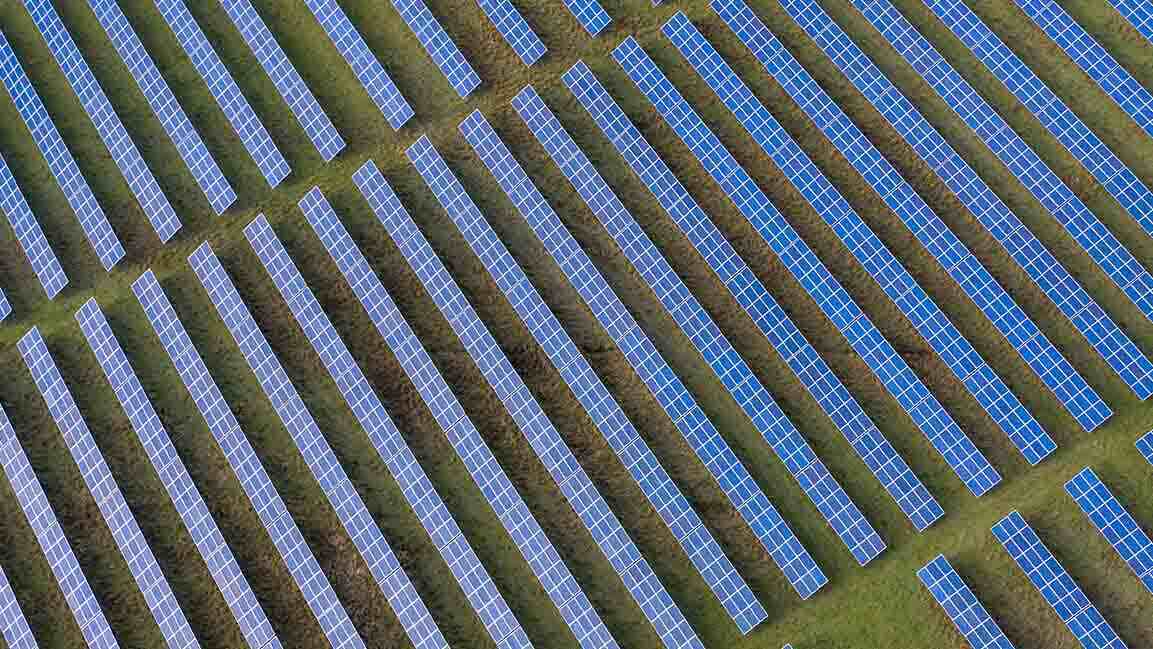- | 11:00 am
Egypt advances renewable energy with new strategy and investments
The government is revising its sustainability strategies to adapt to global economic shifts, technological advancements, and the elimination of coal from Egypt’s energy mix.

Egypt’s drive for renewable energy has increased as the country faces a persistent natural gas shortage. With a target to boost renewable energy’s share in power generation to 20% by 2022 and 42% by 2035, the country is making substantial strides.
However, the government is revising its sustainability strategies in response to evolving global economic conditions, technological progress, and the removal of coal from its energy mix.
Prime Minister Mostafa Madbouly, leading a meeting of the Supreme Energy Council, detailed the updated energy strategy extending to 2040. Minister of Electricity and Renewable Energy Mahmoud Esmat emphasized the importance of adjusting the country’s energy plans to align with evolving conditions and focus on sustainable practices.
The strategy update aims to boost renewable energy’s share and integrate green hydrogen into the national grid. Mahmoud Esmat highlighted key developments, including wind power projects totaling 3,450 megawatts. Notable projects include the Red Sea initiative by the Orascom, Engie, and Toyota consortium, along with efforts from ACWA Power and Masdar.
Solar energy projects in Egypt are advancing with a combined capacity of 3,700 megawatts, including key initiatives like Abydos 1 and 2 and contributions from Scatec and Masdar. To enhance grid stability, 2,840 megawatt-hours of battery storage are being deployed. The government is actively working on grid integration and infrastructure upgrades, with funding and technical strategies being developed in collaboration with the Ministry of Planning, Economic Development, and International Cooperation, targeting completion by summer 2025.
Egypt has designated 42,600 square kilometers of land to stimulate private sector investment in green hydrogen projects and other renewable energy initiatives.
Environmental assessments, including bird migration studies, are complete, and the government has guaranteed payments to the Egyptian Electricity Transmission Company for energy from investor projects. To enhance economic appeal, new incentives are being introduced, such as long-term power purchase agreements, reduced customs duties on renewable energy components, and lower VAT rates.
Moreover, the turbine height limit for wind power projects has been increased to 220 meters, further supporting the growth of renewable energy in Egypt.
Now accepting applications for Fast Company Middle East’s Most Innovative Companies. Click here to apply.































